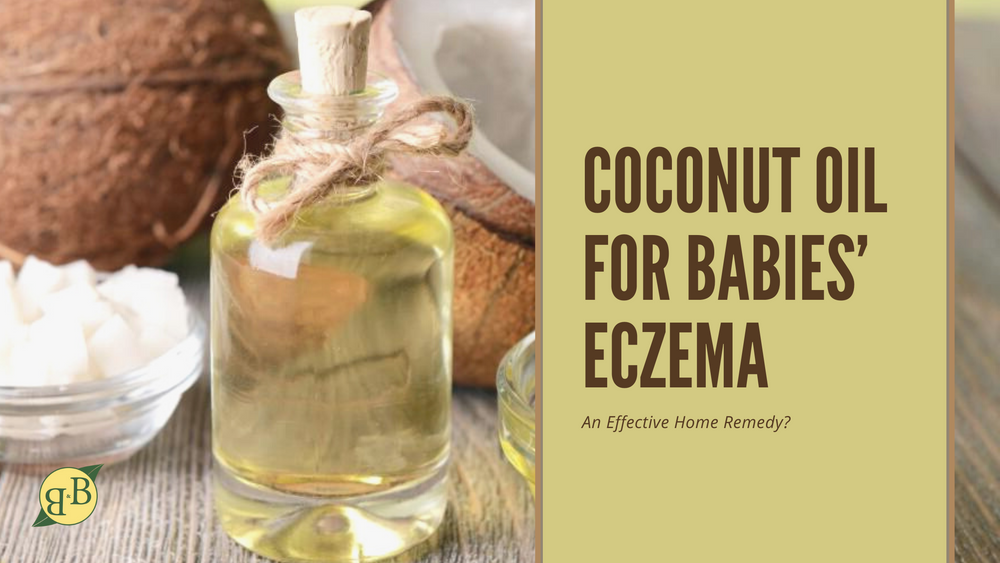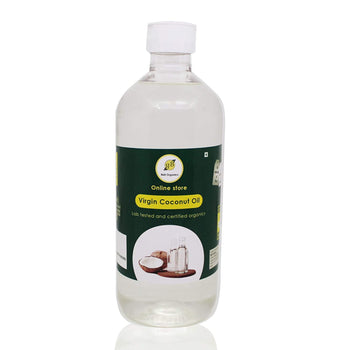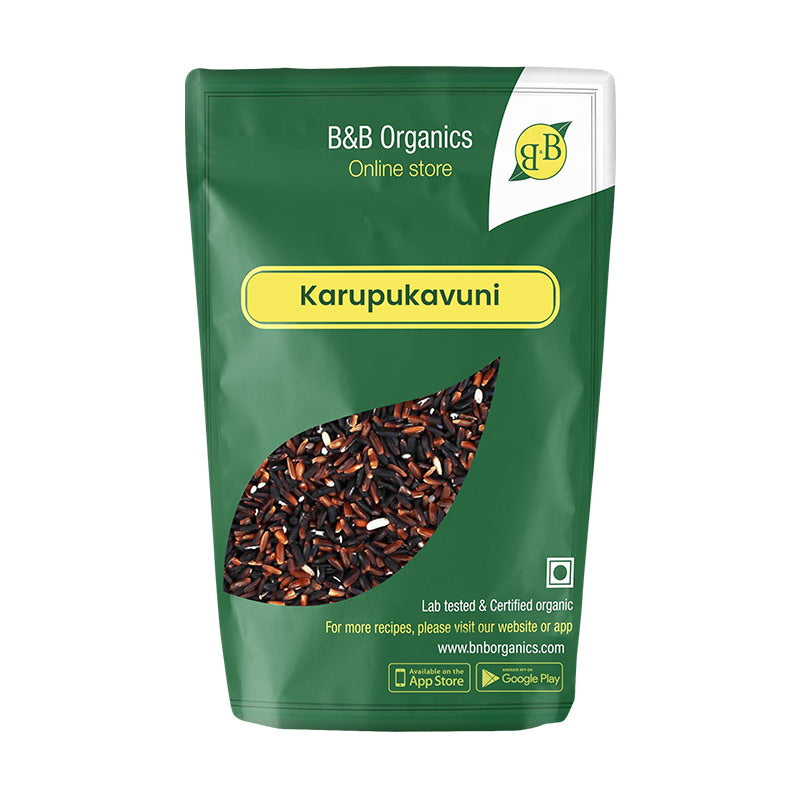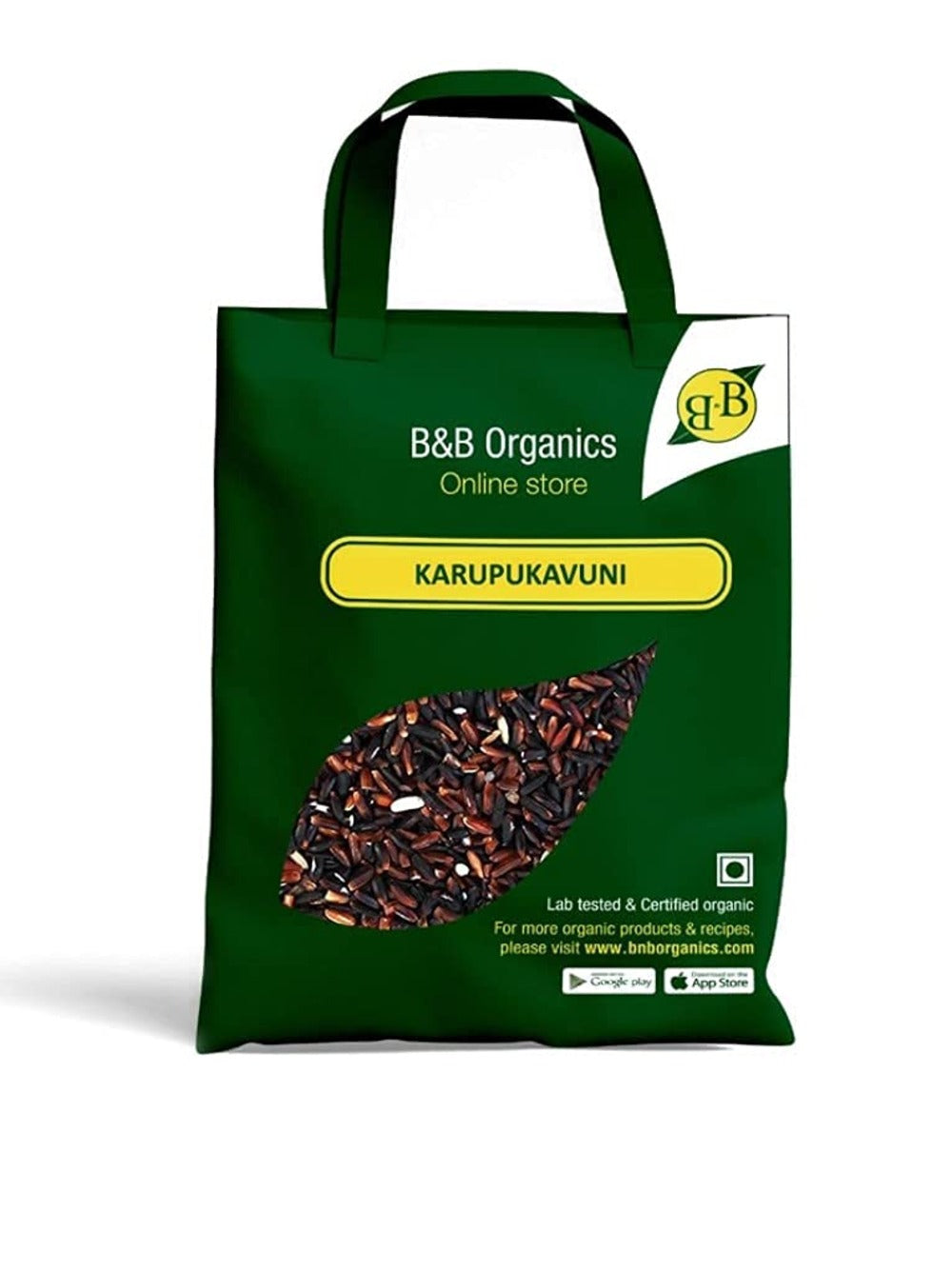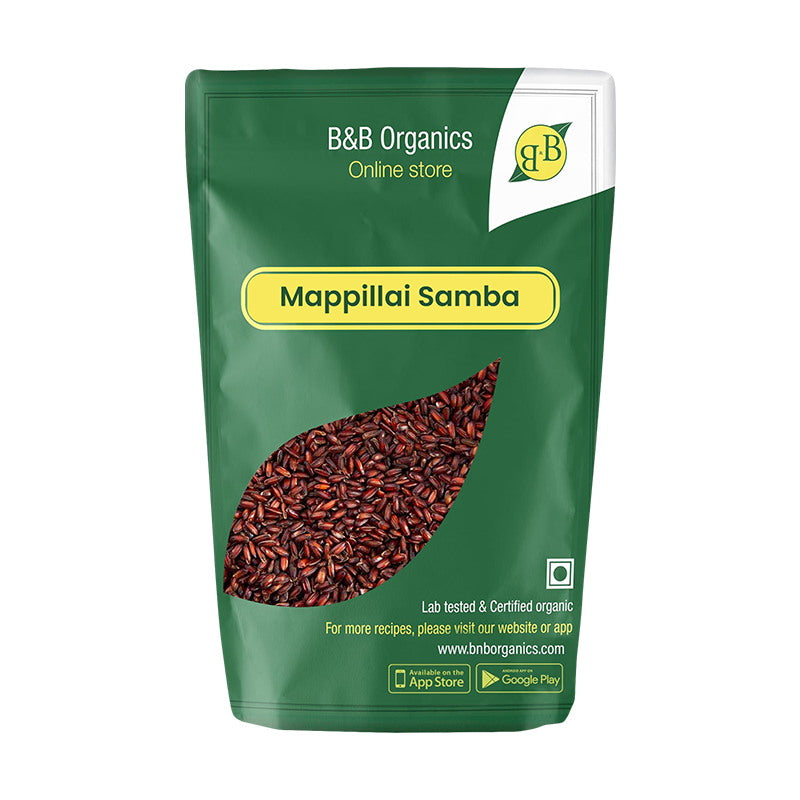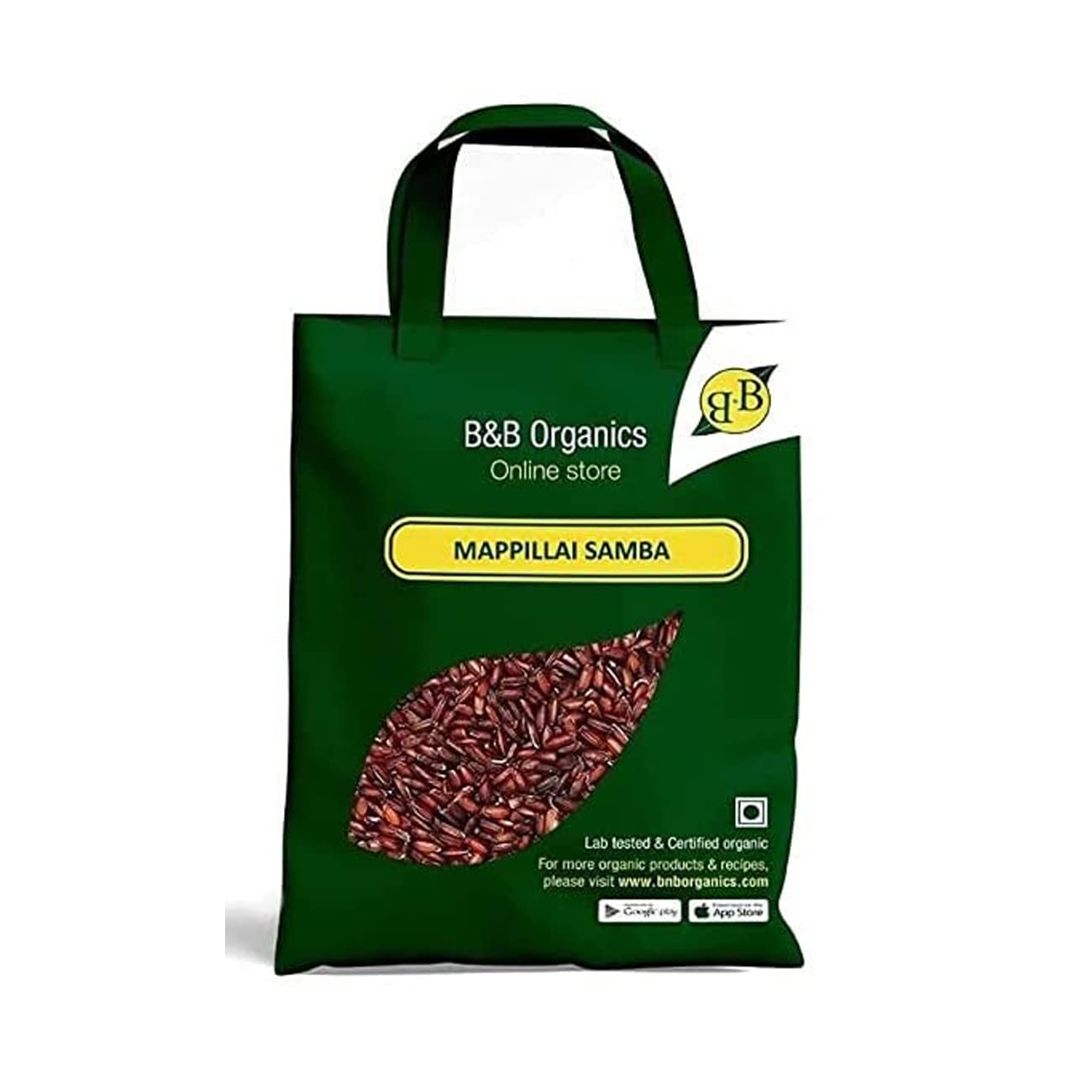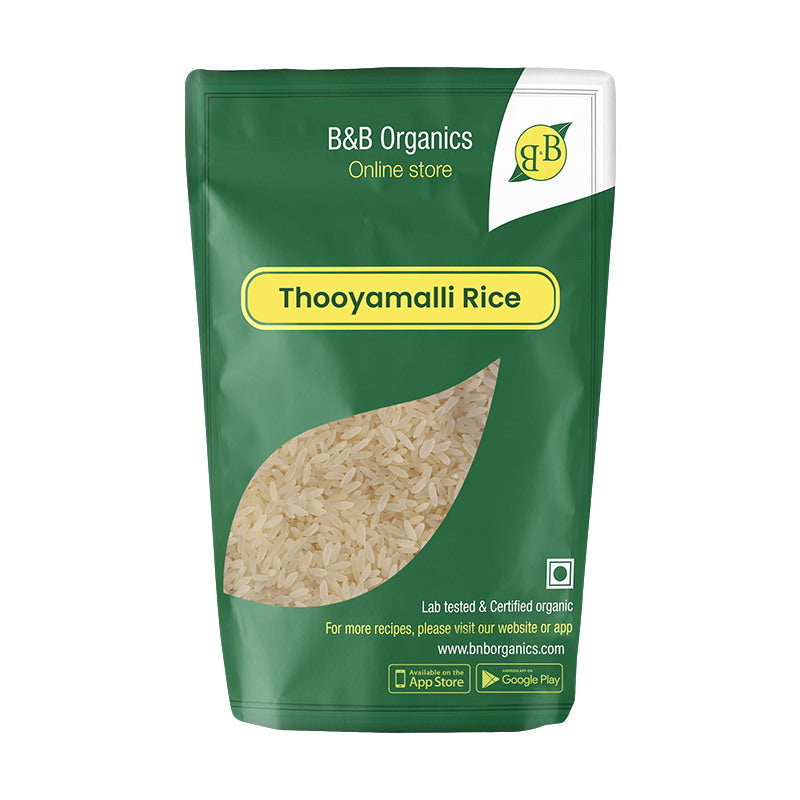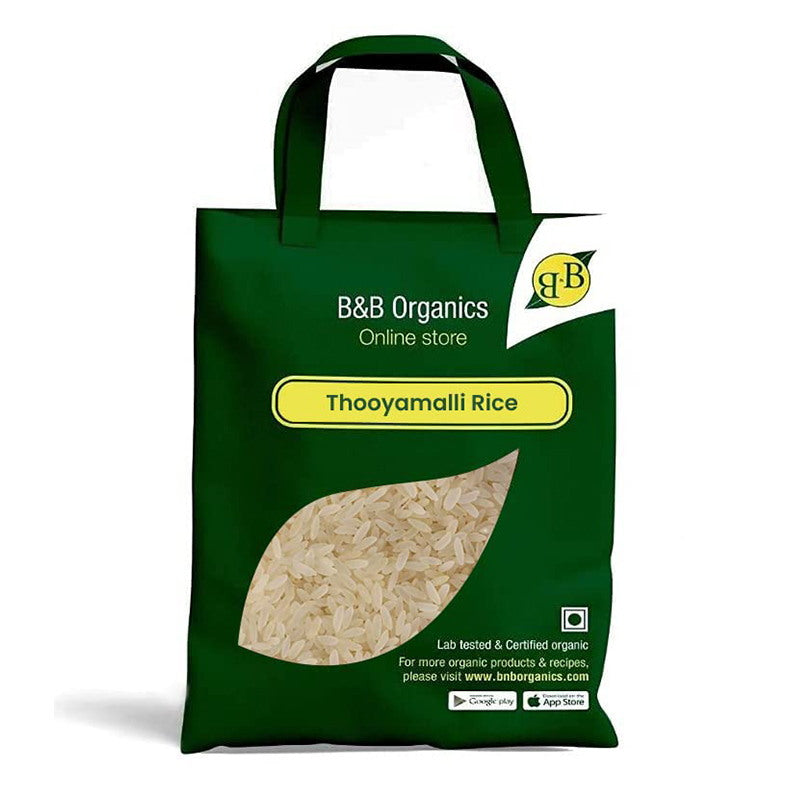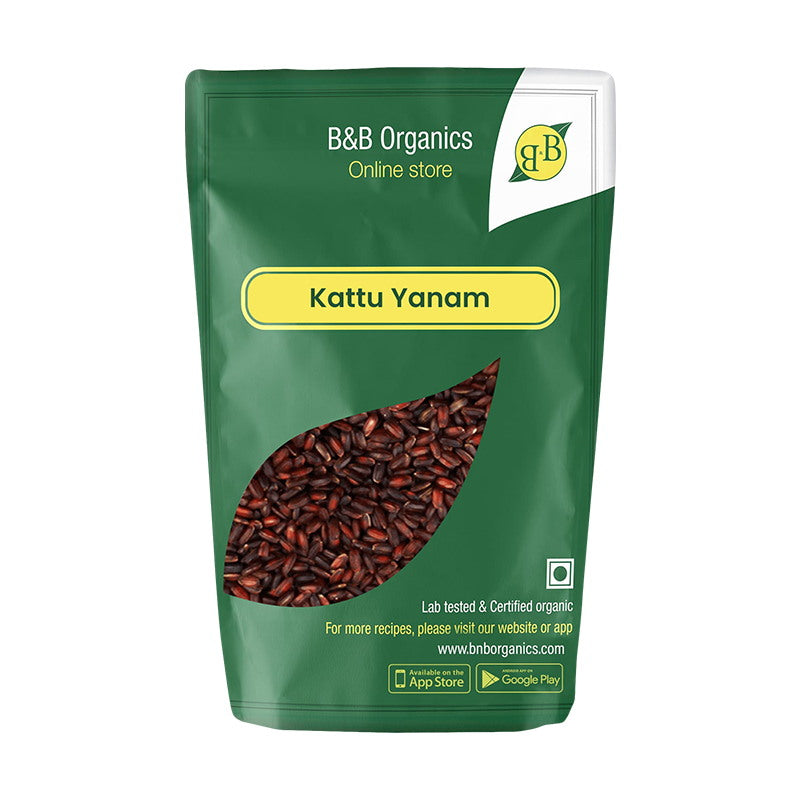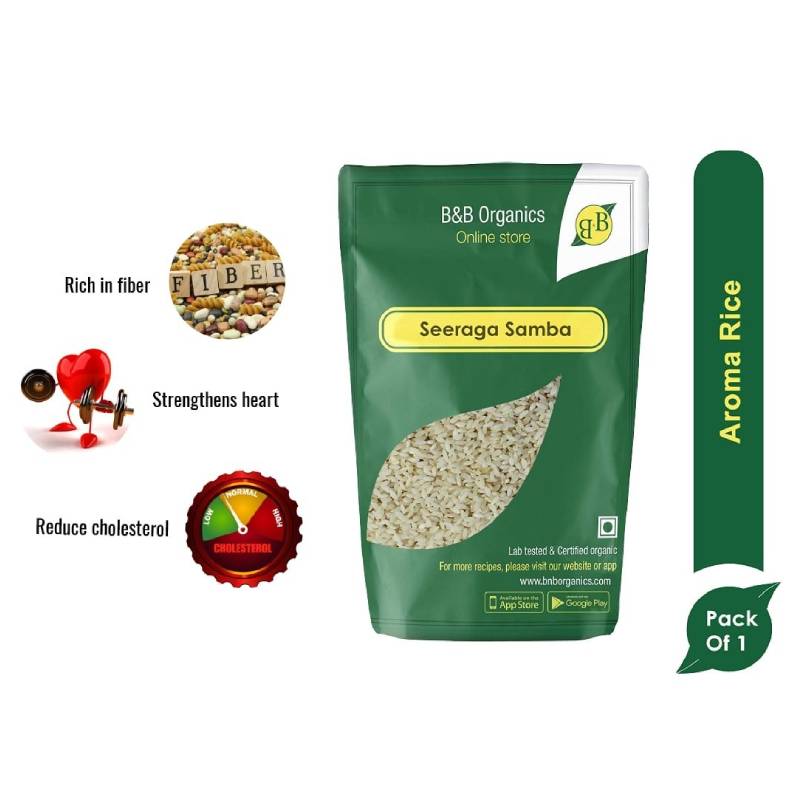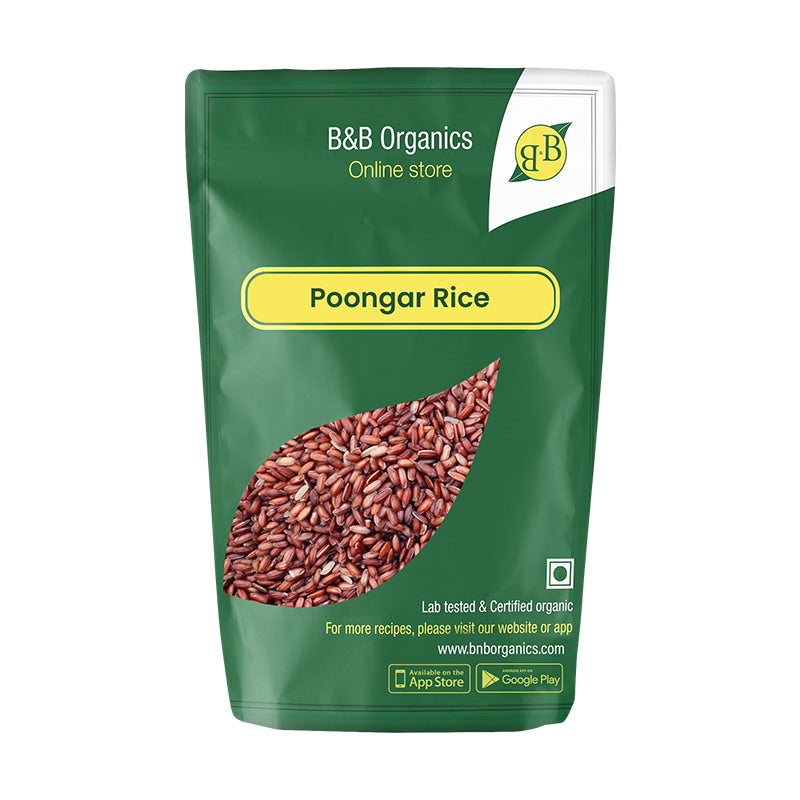A baby's skin is smooth and soft till red scaly patches appear on their body or face. Eczema can be painful, itching, and anxiety-inducing for mothers of babies who have it. In this article, we define eczema, share our greatest natural eczema remedies for babies, and discuss the reasons why our coconut oil for eczema solutions perform very well.
Eczema: What is it?
A common inflammatory process skin condition is eczema. The National

Eczema Organization believes that at least 30 million Americans suffer from eczema. There are multiple kinds, with atopic dermatitis as the most prevalent. Infants as early as two months old may show this particular skin condition.
What Are the Symptoms of Baby Eczema?
Look for rashes on your kid that are red, rough, scaly, and itching. The first places they'll turn up are on the cheeks, elbows, knees, or other regions that are easy for them to scrape and rub as they walk around. Other body parts that are insufficiently moisturised may lead to irritation as well. The skin gets little pus-filled pimples or yellow crusty patches if it is infected.
What Leads to Babies' Eczema?
Scientists have linked the skin condition to a mix of environmental and genetic factors, though the exact aetiology of atopic dermatitis is unknown. They discovered that the immune response overreacts and leads to skin irritation when the baby's surroundings stimulate it. These outside influences can take a variety of forms, from regular baths with harsh chemicals to allergies to dry season. Thus, seasonal variations are usually followed by eczema flare-ups. Because of the cold and dry weather, most people feel skin damage in the winter, but eczema also can develop in the summer. Summer irritation can be

set on by warmth and sweat, bathing, sunscreen, and restrictive artificial clothing, to name a few.
What Makes Coconut Oil For Eczema Effective:
As your baby's skin is already so sensitive, and strong irritants can quickly trigger eczema, we suggest looking for healthy and mild organic eczema cures for infants. Coconut oil is the sole organic eczema cure we love. Here are just a few of the numerous benefits of using coconut oil for eczema.
Strengthens and protects a baby's skin:
Coconut oil is a three-pronged fight against potential pathogens. It's also anti-inflammatory, anti-fungal, and antibacterial. As a result, it is frequently used in the diaper area to prevent itchy rashes and unwanted germs. The healthy fats or medium-chain fatty acids that compose the majority of coconut oil include lauric acid, which makes for nearly 50% of the essential oil as well as being found in breast milk. As an added layer of defence as your infant's immune response goes into overdrive, try coconut oil for eczema.
Excellent Moisturiser:
Coconut oil's beneficial fats prevent the skin from harmful germs while also relaxing and healing the skin by water retention. Coconut oil's unique composition and light weight allow it to enter thoroughly into pores and retain skin moisture for long periods of time. This definitely works to soothe dry spots and leave infants' skin feeling incredibly smooth, making it the perfect organic eczema therapy.
Conclusion:
Science backs up the healing benefits of coconut oil for eczema! This medical study discovered that the use of coconut oil for 8 weeks was more effective than using mineral oil in treating a patient with mild to moderate atopic dermatitis. Another research confirmed these findings by resulting in the conclusion that coconut oil, by moisturising and soothing the skin with its anti-inflammatory effects, improves a wide range of conditions, particularly eczema.
Coconut oil not only cures eczema and also helps to prevent it from beginning in the first place. New research has discovered that babies who are susceptible to atopic dermatitis can potentially be safeguarded from the skin condition by using moisturiser ingredients used to moisturise skin, such as coconut oil—on a routine basis.


